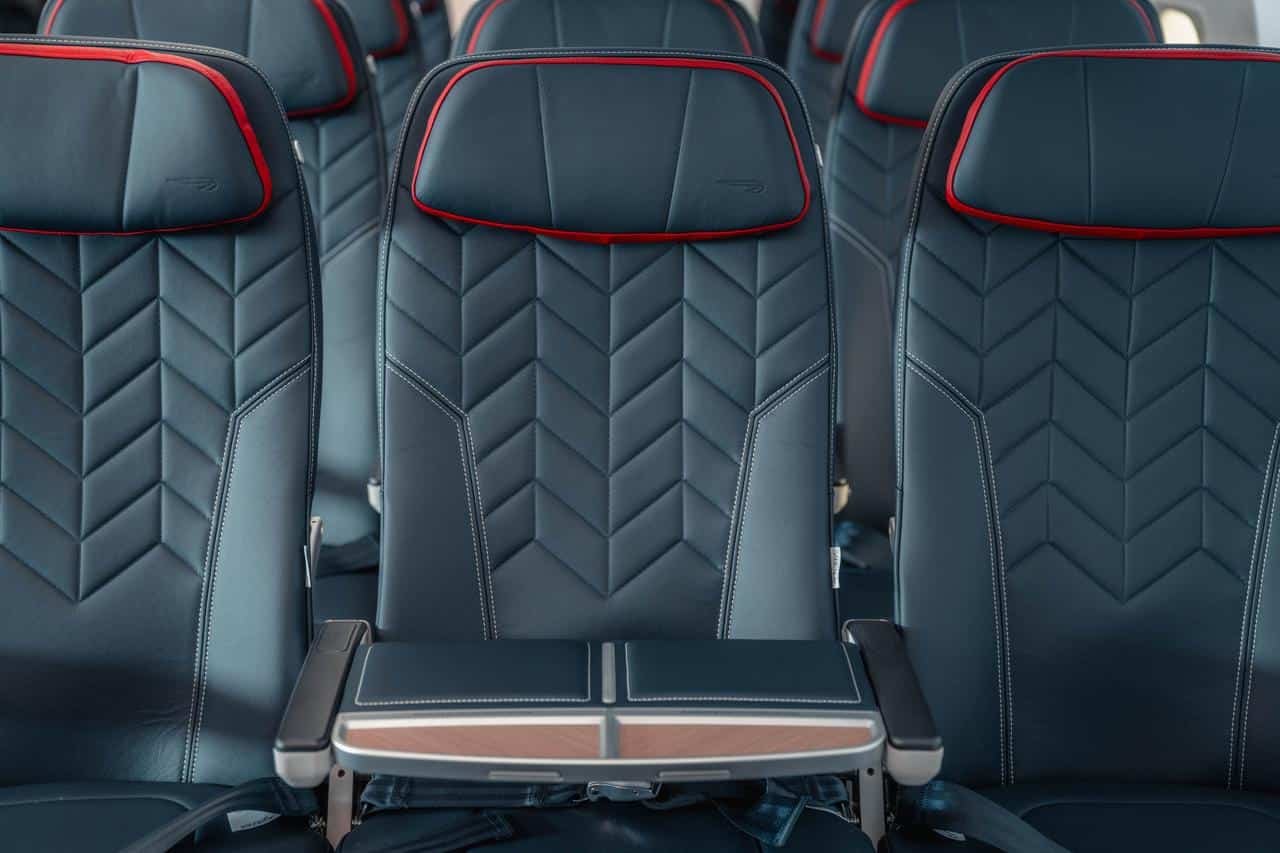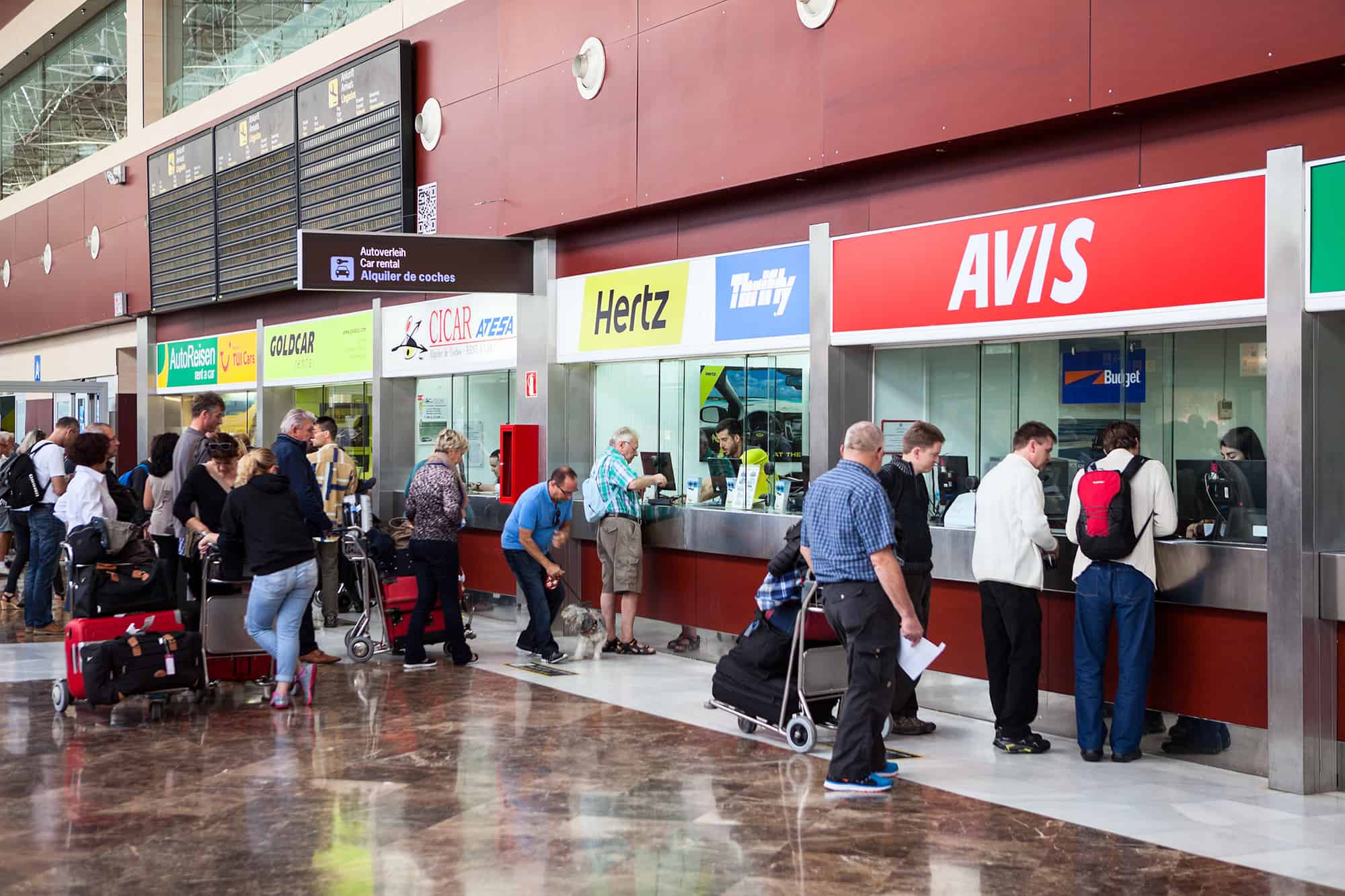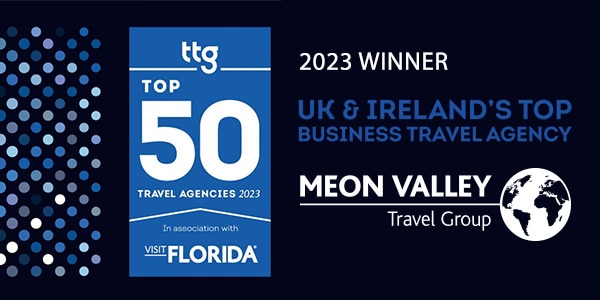Our Five Minutes with… this month is with Chris Smit, The Global Culture Expert.
Travel and culture. Do they go hand in hand?
The obvious answer would be yes. Or rather should be yes.
This video is a bit stereotypical but in the core it’s correct:
What skills are needed for international work?
One of the biggest European tour operators asked their first and second line of management what skills they needed to perform their (international) work better. Much to the surprise of HR, this came out on top:
“Understand different cultures better…”
HR had expected that ‘negotiations’ or ‘presenting’ or ‘bad news conversations’ would come out.
If you travel you get to see, hear, feel and overall experience the different cultures you’re visiting. Right? Well, let me tell you that over the last 20 years that I’ve been a professional interculturalist and having travelled across the globe, I’ve met many people who had travelled but didn’t have a clue about cultural awareness.
So yes, travel and culture go hand in hand, but travel is not equivalent to cultural awareness.
We’re travelling more and more, but often don’t go outside our comfort zone to experience a different culture. When we see something we don’t understand from another culture, we often make up our own minds about what we see, rather than asking what is going on, thereby enriching our experience and ourselves.
This is the perspective of a tourist. Next to that, there is also a perspective of the people that work in the travel industry. There too travel and culture play a role.
Cultural awareness
Big travel organisations often rely on local people to run their holiday destinations. But it’s not only local people running the place. Often holiday locations are managed by non-local people. In other words, people from different cultures need to work with people from different cultures.
In addition, the management layer that is above that sits in a remote office and people from those management teams often travel to those holiday destinations. Also, their cultural differences play a role.
Imagine this Scenario:
A German manager from a travel organisation visits one of their holiday destinations in Asia. Locally in Asia, a Brit runs that office where the majority of the people working there are Asian. During this visit, the local people and the British local manager are welcoming Dutch tourists going on holiday.
Interesting cultural mix, don’t you think?
What is your frame of reference?
If travel and culture do not go hand in hand with cultural awareness, does having travelled count for nothing then?
No, that’s not true.
Travel without formally understanding cultural differences mainly adds to developing a frame of reference; whenever you travel you build your frame of reference. You do get to see new things and experience them. And even if you don’t understand what you see and experience, you still build your frame of reference. ‘Stuff is different here than it is back home…‘.
When people who have travelled go for cultural awareness training they much faster pick up the theory than young students do who have not travelled as much yet.
Travel and culture; How can you benefit from cultural awareness?
There are two groups to consider:
- Tourists
- People working in the travel industry
Tourists
As a tourist, you can benefit from cultural awareness to have a richer experience of your holiday. Everything will make more sense to you. You will be less judgemental when you see things you don’t understand (because that is what people do; we judge). You will come home a bigger person than you were before. And no one can take that away from you.
Travel Industry
If you work in the travel industry, I will hope that it is obvious how you can benefit from a better understanding of cultural differences. Travel and culture should go hand in hand. In the end, you (as an organisation) will save time and money by becoming culturally aware. As a person, you will understand your colleagues from the other culture better. You will be less frustrated with them and they will be less frustrated with you. People will also stay in their jobs longer as they enjoy their work more.
Which in turn will be good for the organisation.
What to do next?
To find out more about cultural awareness, get in touch with Chris Smit to discuss how you and your organisation could benefit from a better cultural understanding.
You can also check out this page, which talks about the different forms of intervention there are to further your cultural knowledge.
Reading up about different cultures is also an option. Click here to find a list of books that can help you further. You’ll also find two of Chris’ books.
A real-world case study covering the Travel Industry can be found here.
Book Chris Smit as a Speaker
If you’re looking for an engaging, exciting, and interactive speaker on the subject of Intercultural Management & Awareness. Chris has spoken at hundreds of events and to thousands of people on the subject of Cultural Diversity & Cultural Competence.
Book Chris now by simply sending an email.
This article was first published on https://culturematters.com.






